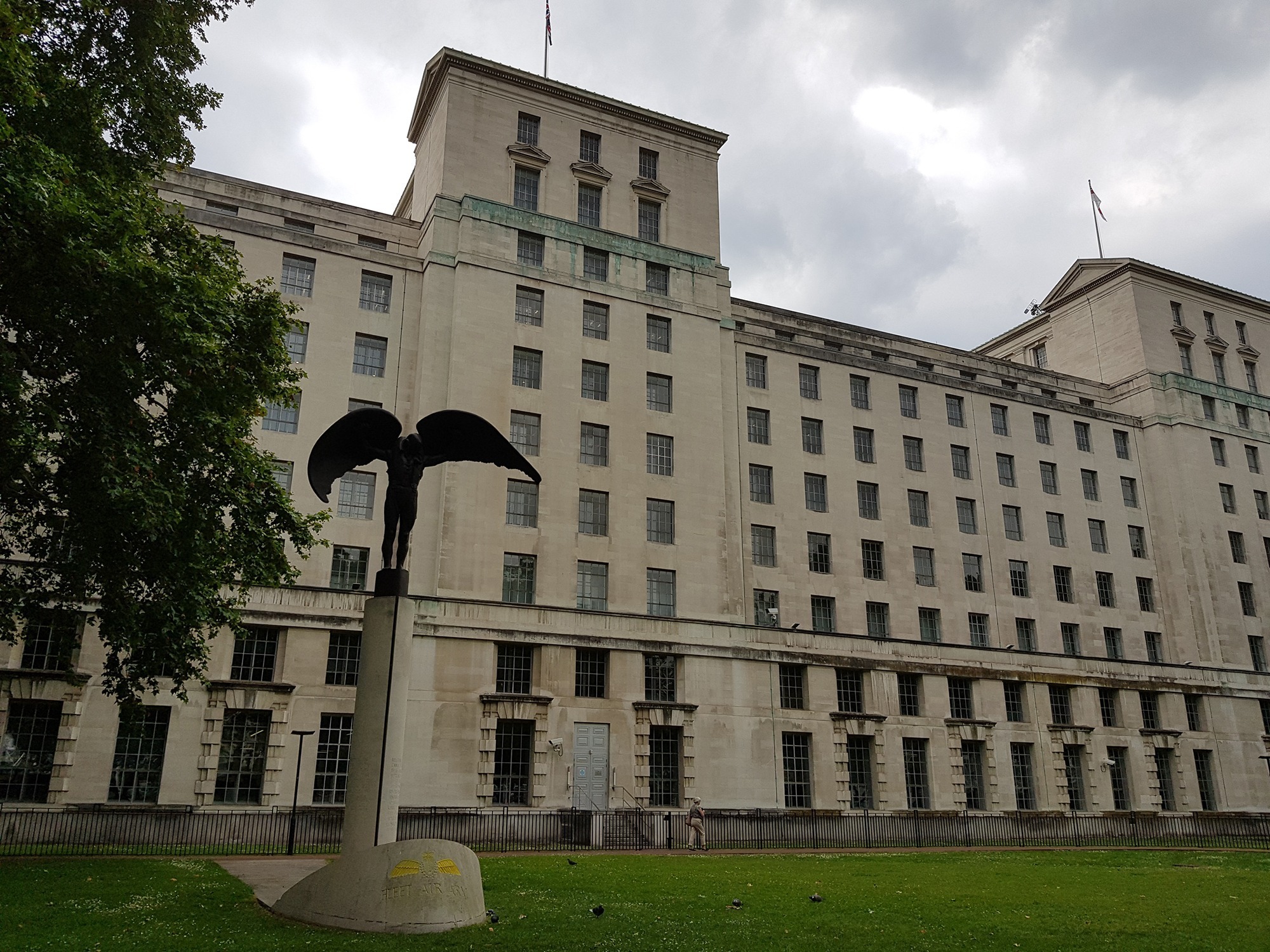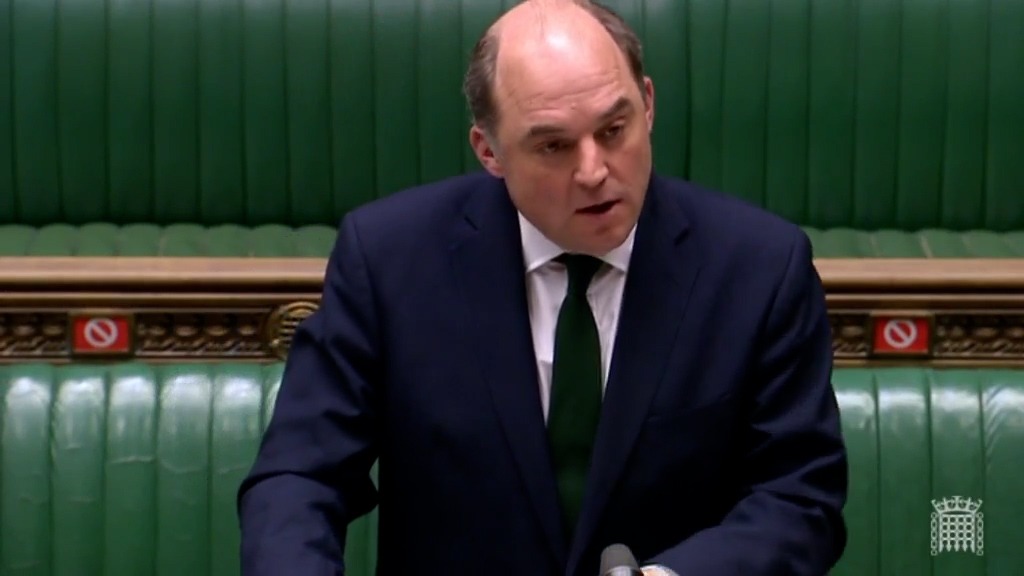The Ministry of Defence (MoD) has said it was “wrong” not to provide a comment to a Declassified UK journalist and apologised to the media organisation in a letter sent to its lawyers this morning.
UK Secretary of State for Defence Ben Wallace also separately announced in parliament on Monday that he has ordered an independent review into the apparent blacklisting of Declassified by his department, telling the House of Commons he is “deeply concerned”.
Wallace, a senior member of Boris Johnson’s cabinet, said he was writing to “Defence communicators across the [ministry]” to make clear that “the Ministry of Defence I lead will treat outlets with fairness and impartiality”.
Last month, Declassified staff reporter Phil Miller was told by the ministry’s spokesperson, Lieutenant Colonel Richard Wade: “My understanding from the office is that we no longer deal with your publication.”
Miller was working on a story about the UK’s role in the Yemen war.
The ministry’s refusal to engage with Declassified prompted the Council of Europe to issue a Level 2 “media freedom alert”.
Law firm Leigh Day, instructed by Declassified, wrote to the ministry asking whether a blacklisting policy was being applied to the outlet. In its response on Tuesday morning, the ministry’s chief operating officer, Mike Baker, wrote that the “Directorate of Defence Communications was wrong not to provide a comment to Mr Miller of Declassified Media Limited on the story about which he was enquiring”.
Baker added: “We apologise for this”.
The ministry stopped short of admitting that any blacklisting policy was in place, focusing on the story Miller had sought comment on. Wallace referred only to “allegations”.

‘Utmost seriousness’
Wallace told the House of Commons that he wanted to make a statement on “recent reports regarding an approach taken by my department with a media outlet”, referring to Declassified. He said that he was treating the apparent blacklisting of Declassified with “the utmost seriousness”.
The defence secretary also said that “all government media and communication professionals must abide by the Government Communication Service’s propriety guidance and the civil service code”. But, he added: “I have been deeply concerned that those standards are alleged not always to have been met in the department.”
Wallace has asked Tom Kelly, a former director general of the ministry, “to lead an independent review to look into the allegations that have been made and establish what underlies them”.
Declassified’s editor, Mark Curtis said: “We very much welcome the MoD’s apology and commitment to a review. Declassified UK has quickly become the foremost media organisation revealing the UK’s real role in the world, in contrast to an increasingly sycophantic national press. A vibrant democracy demands that public officials cooperate with journalists acting in the public interest”.
Declassified suspects that blacklisting by the ministry began in late July after the outlet sought comment on its exclusive that Britain’s domestic and external security agencies, MI5 and MI6, were training senior spies from some of the world’s most repressive dictatorships on a UK military course.
This was the first time evidence had emerged of the extent of British intelligence officers training security agencies which have been involved in torture and terrorism.
Declassified’s head of investigations, Matt Kennard, spent a week trying to get comment from the ministry for the story and was repeatedly stonewalled by its press office. It had previously provided regular comments for the outlet’s stories.
Since it launched in September 2019, Declassified has published dozens of investigations shining a light on British foreign, military and intelligence policies, revealing stories such as the UK’s training of military officers from Gulf regimes, the role that intelligence agency GCHQ is playing in British schools and revelations about the ministry’s under-reported greenhouse gas emissions.
Victoria Brittain, former associate foreign editor of the Guardian and chair of Declassified’s board, said: “I welcome the apology from the Ministry of Defence alongside Secretary of State Ben Wallace’s commitment to an independent review. Uncovering information in the public interest that the government would rather keep secret is what journalists should be doing. Declassified’s reporters should not be penalised by officials for simply doing their job well.”
Declassified did not contact the ministry for comment because it has not received official acknowledgement that a general blacklisting policy has been withdrawn.

